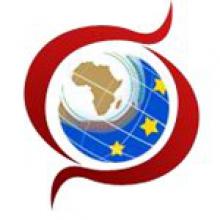First High Level Meeting of the AEEP (http://www.aeep-conference.org/)
The First High Level Meeting on 14/15 September 2010 will be the first of its kind, bringing together leading politicians and decision-makers from Africa and Europe. At the event, a road map as well as concrete targets for the AEEP’s future work will be endorsed.
Within the framework of the partnership, the first High Level Meeting of the AEEP will
- promote and strengthen the Africa-EU Energy Partnership in Africa and Europe
- agree on concrete targets for AEEP’s future work until 2020
- launch the Africa-EU Renewable Energy Cooperation Programme that will open new linkages in the energyeconomic sector for industrial trade and business cooperation between Africa and Europe
- reaffirm the commitment to enhancing energy security and energy access on both continents
- reinforce cooperation on energy interconnections within Africa and between Africa and the EU
- endorse a road map for the implementation of AEEP’s future actions
- send a clear message on energy cooperation between the two continents to the upcoming Africa-EU Summit in November 2010.
The Africa-EU Energy Partnership is supported on the European side by the co-chairs Austria and Germany, represented by the Austrian Federal Ministry for European and International Affairs and the German Federal Ministry for Economic Cooperation and Development. On the African side, the African Union Commission and Mauritius, represented by the Ministry of Energy and Public Utilities, co-chair the partnership.
Participants
The First High Level Meeting will bring together
- Policy makers from the African and the European Union Commissions
- National ministers responsible for energy and Africa-EU relations
- Representatives of the Regional Economic Communities (RECs) and Power Pools (PPs) as well as delegates of other specialised institutions and international organisations.
- Representatives from the business and research as well as from the civil society sector

